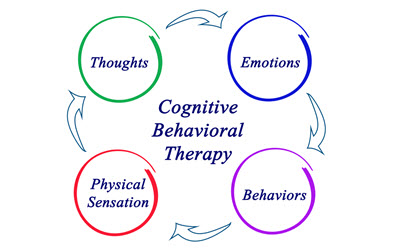 Wouldn’t it be great to have the life you really want?
Wouldn’t it be great to have the life you really want?
Ever aspire to live the life you truly desire? Your bookcase boasts an entire shelf devoted to self-help literature, and your phone is saturated with podcasts and meditation apps. Yoga is a regular part of your routine, and you pride yourself on being a self-aware individual. Despite these efforts, the elusive sense of fulfillment remains just out of reach.
But you still don’t feel like you’re where you want to be.
There’s a saying that defines insanity as repeating the same actions while expecting different outcomes. Yet, breaking free from ingrained patterns proves challenging, as they are intricately woven into our systems. So, how can we overcome this cycle?
 The very act of accurately naming our pain helps to dissolve it.
The very act of accurately naming our pain helps to dissolve it.
The initial stride involves summoning the courage to pause and being open to truly recognizing the issue at hand. The simple act of articulating our pain serves as a potent catalyst for its dissolution. To navigate this journey, we require both a mirror reflecting our own pain and a guide well-versed in effective methods to lead us out.
I advocate for the potency of mindfulness in unveiling our painful patterns. With over two decades of mindfulness practice and profound transformative experiences during silent retreats in the desert alongside the enlightened master teacher Ruth Denison, I believe in the capacity of mindfulness to illuminate our paths toward healing and self-discovery.
“When the mind hears the truth, the mind rests” – Ruth Denison
It just doesn’t get any deeper than that for me. So here’s the truth about psychotherapy:
At its simplest, psychotherapy can be pared down to the truism that the mind can exist in either healthy or unhealthy states.
A therapist helps us choose healthy states, more of the time.
I do not believe in pathologizing people, but rather in seeing them as being in unhealthy mind states.
We also have the capacity to exist in healthy states, which are rooted in love, generosity, and mindfulness.
I can help you learn how to pause and choose healthier states, which will produce better responses. This process is also termed in traditional psychology as Cognitive Behavioral Therapy.
 Cognitive Behavioral Therapy (CBT)
Cognitive Behavioral Therapy (CBT)
On a cushion we can more easily steady the mind to notice how our thought processes affect our feelings and actions.
But real life is full and vivid – it is not so easy to notice how the events of the day affect our negative self-talk, our resulting feelings, and the actions we might take to self-medicate as a result.
In therapy, we can put this together for you.
Together, we can work to deconstruct your negative patterns and replace them with new, healthier patterns.
You were courageous enough to get this far.
Now follow through with that healthy choice to create new patterns in your life by calling (415) 450-9644 for your free initial consultation.


 The very act of accurately naming our pain helps to dissolve it.
The very act of accurately naming our pain helps to dissolve it. Cognitive Behavioral Therapy (CBT)
Cognitive Behavioral Therapy (CBT)